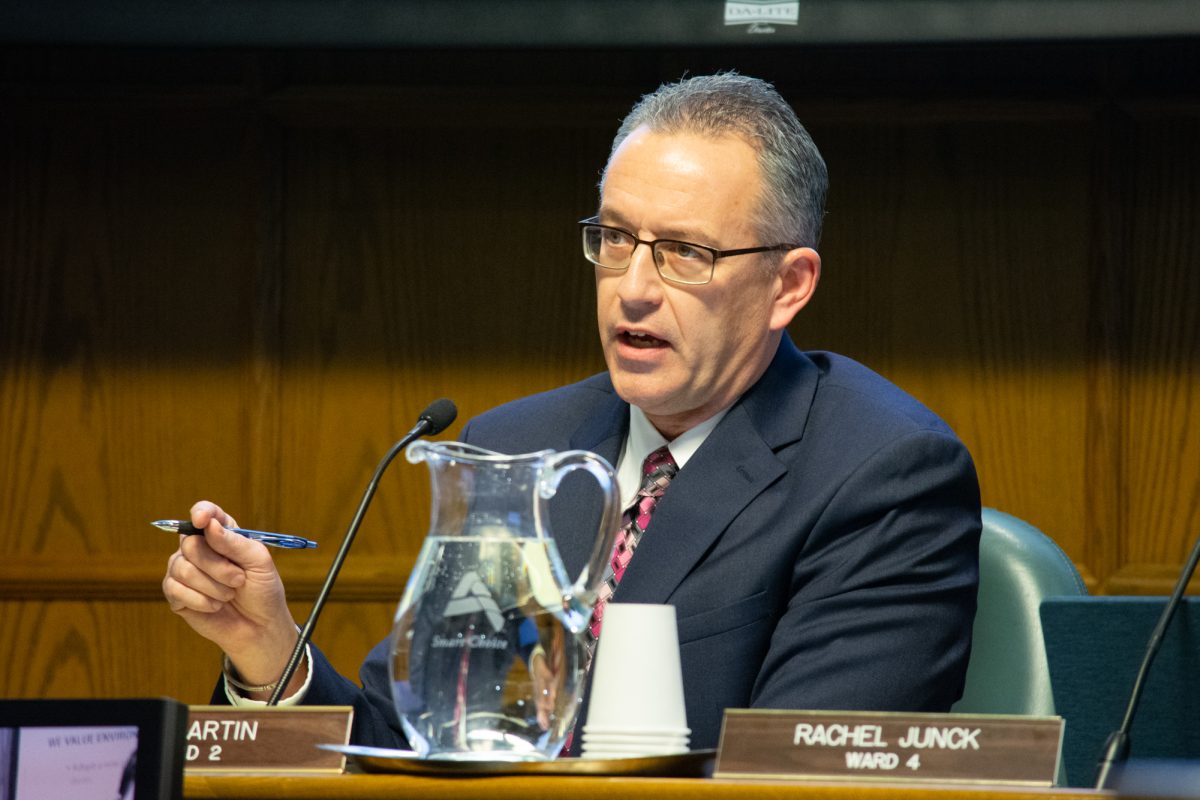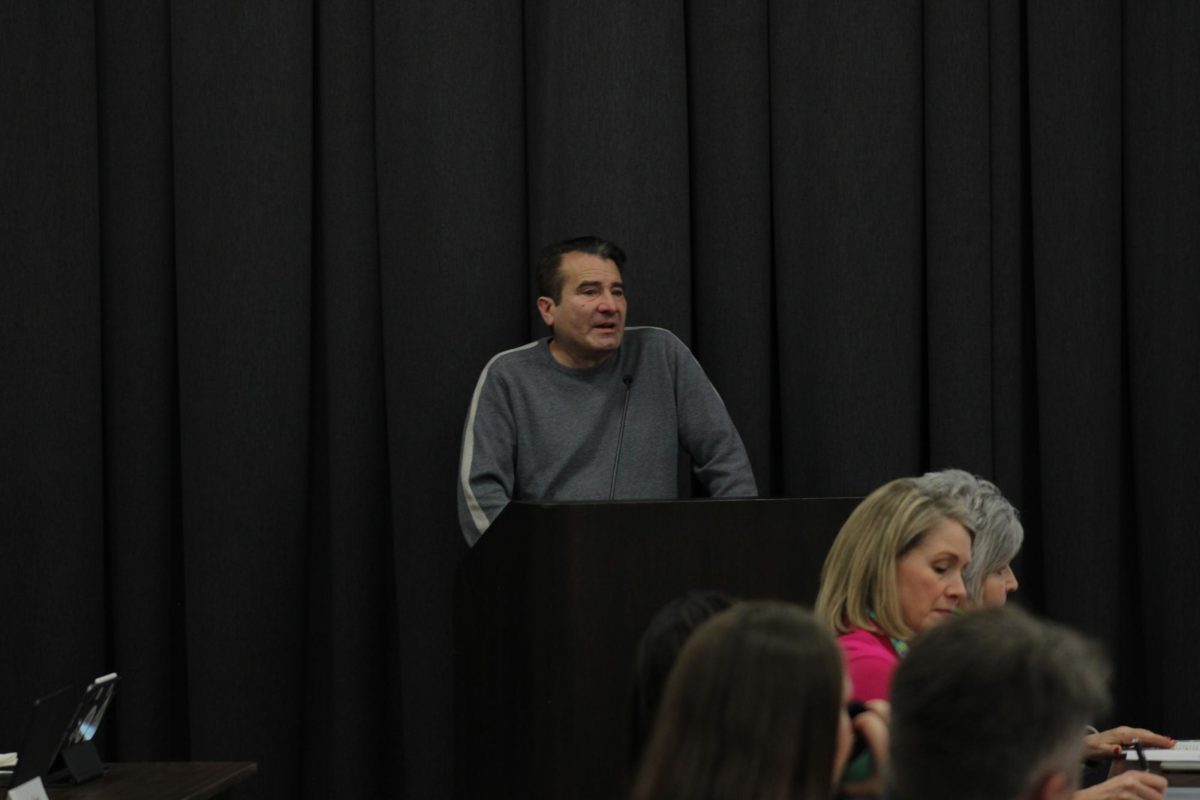New legislation puts into question what universities can and cannot teach
August 29, 2021
Over the summer new legislation has put into question what professors can and cannot teach in class. The bill Gov. Kim Reynolds signed into law June 8, House File 802, puts restrictions on mandatory training pertaining to racism and sexism or diversity and inclusion efforts.
HF 802 is built around a list of ‘divisive concepts’ which are prohibited from being taught in mandatory diversity training. The concepts in the bill include topics such as the United States being fundamentally racist or oppressive, or that an individual should be thought of as racist or sexist because of their race.
The act does not specifically address critical race theory, rather targeting aspects of it through the language in the act.
To prepare faculty to resume instruction under this new act, Iowa State released a FAQ which advised professors to revise their courses and reconsider whether they include divisive topics and whether they were relevant to the overall course objectives.
Iowa State political science professor and Carrie Chapman Catt Director Karen Kedrowski offered her thoughts on the implementation of HF 802 at Iowa State.
“The legislation does have a carve out for classroom instruction, and that it is only training that is banned in state institutions,” Kedrowski said. “The university council however has interpreted mandatory training to include required courses within a major where there are no alternatives in which critical divisive topics are not included.”
Under this interpretation, some courses taught at Iowa State could be considered mandatory training, therefore the divisive topics would be barred from instruction.
“Education is about creating a whole person with a set of skills that will make them successful in life as well as in the workplace,” explained Kedrowski. “We need to be teaching about critical thinking and teaching our students how to be intellectually curious. Part of that is having people be uncomfortable, that’s a really important part of what happens in college; that people are exposed to new ideas and that they spend some time playing with them.”
Kedrowski expressed concern that a lawsuit could be filed against the university on grounds related to First Amendment rights.
”There’s sort of two related issues, one is academic freedom, faculty members’ prerogative to teach how they see fit,” Kedrowski said. “The second one is the First Amendment, as you well know we don’t have unlimited free speech rights but it would certainly seem that our free speech would include being able to talk about relative concepts to our lectures.”
Despite the question of whether or not the rule could be violating professors’ rights, faculty have now been put in the position to decide whether or not to include divisive topics, and to suffer potential consequences of their decision.
“I’m even more concerned that it will have a chilling effect; because people are not sure or have not fully internalized the policy as well as just what the law says that they’ll just avoid difficult issues in classes or meetings with students,” Kedrowski said. “Faculty will be revising their syllabi or sidestepping some of these topics or issues out of fear of what might happen even if it doesn’t apply to them or their course.”
From the Office of University Counsel, Michael Norton, offered some perspective in Iowa States’ implementation of HF 802.
“The purpose of the FAQ and the many formal and informal discussion sessions we have had on this topic with faculty members, is to provide the faculty with the knowledge and information necessary for them to fully consider and evaluate HF 802 and their exercise of Academic Freedom,” Norton said.
“A key component of Academic Freedom is the ability of faculty members to use their expertise and professional judgment to decide what to teach and how to teach within the confines of what is relevant (germane) to the learning objectives of the course,” he said.
Norton pointed out that the HF 802 FAQ highlights the fact that the divisive concepts being germane to the overall objectives of a course drastically decreases the risk of violating the law while including them.
“The university’s position respects the Academic Freedom of our faculty and instructors and provides guidance and support to them regarding how to balance their Academic Freedom with the demands of HF 802,” Norton said. “It is our position that it would be a disservice to our faculty not to provide them with important information and context regarding the new law.”
At the end of the day, the legislation passed this June has only just begun to affect public universities and it will take some time to know the actual effect of the act.







